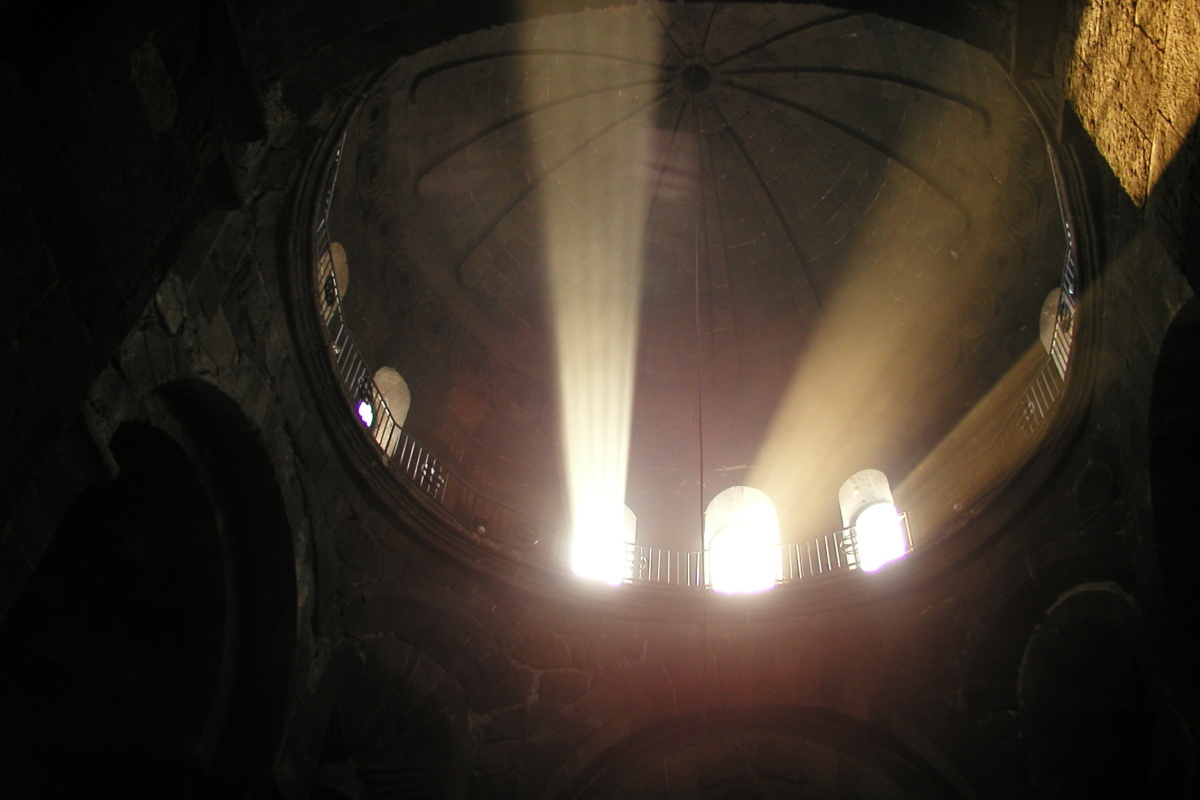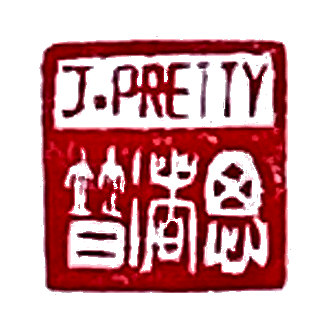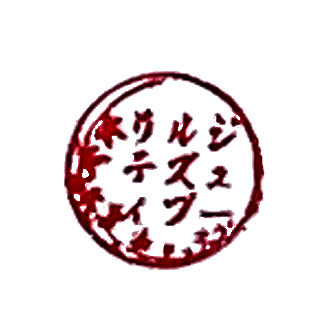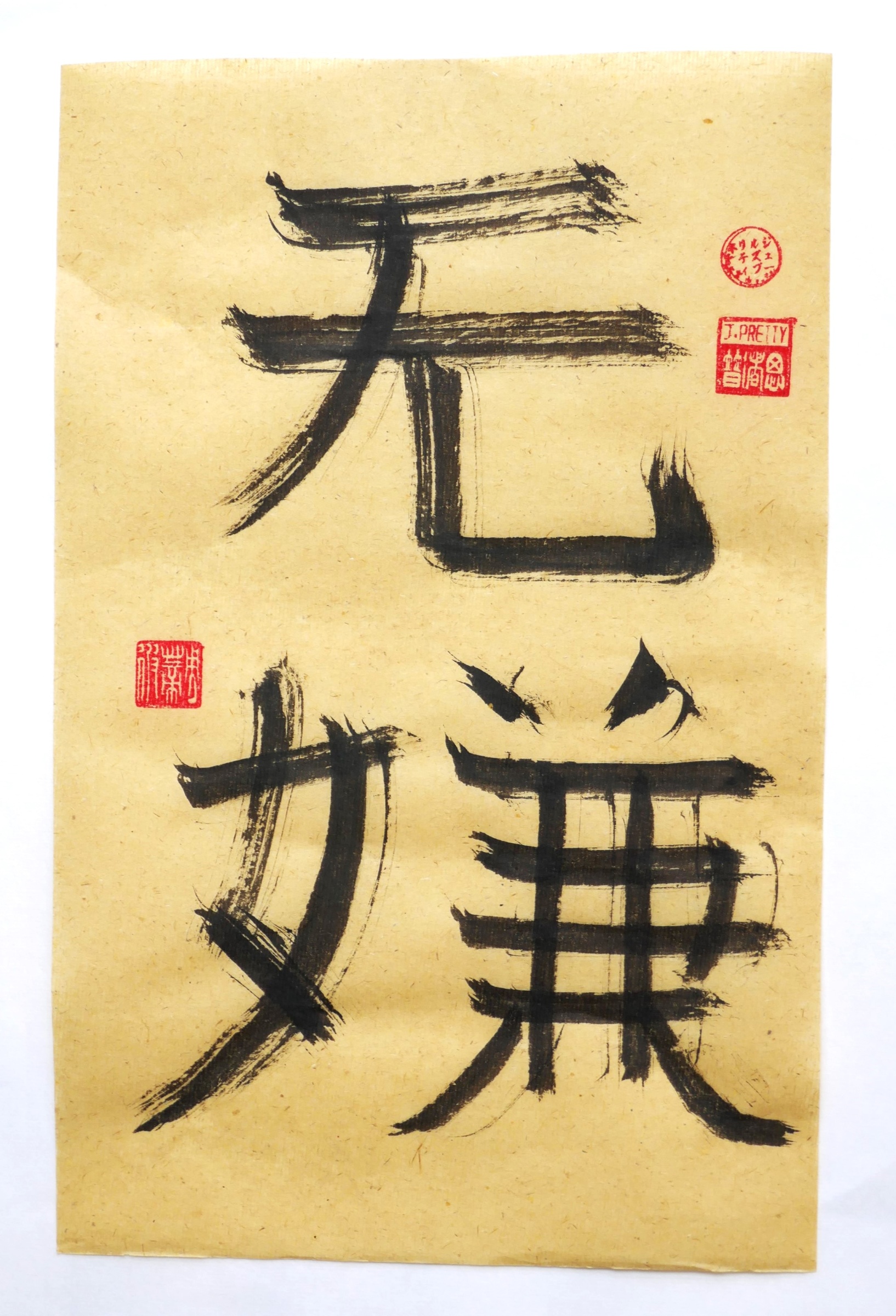

Bu Ken [There is Nothing, I Dislike]
Summer. A long drought.
Heat in the city, heat in the country.
The crops look golden and thin. Many soils are gone to dust and salt.
“We’ll aim for the light of magic hour,” says white-haired Vardan of the Armenian State Agrarian University.
It happens this way, below the once-flooded mountain slopes of snow-capped Mount Ararat.
Between two seas, at the edge of an empire, an era has ceased. Now comes a kinder culture.
The path starts up on the hill. By the giant statue of Mother Armenia. People are bunched around chess tables in the leafy squares, the roads are quiet. It is hot in the city.
The Trabant motors steadily past the world’s oldest cathedral of Etchmiadzin, stops at a roadside stall for slices of cool watermelon.
The eco-farm is beyond the blasted agro-badlands. Past exhausted state-farm, further than shattered factory and abandoned machine. Yes, right in the middle of large tracts of soil salinized by careless over-irrigation.
After independence, there is hope. Three hundred thousand small plots of land are handed back to the rural people of Armenia. There are tricksters, after all, in every land.
The road turns down past wreckage, over bone-dry irrigation channels. Two hoopoes flash over scrubland, settle on the cracked concrete road.
From a distance, you can’t mistake the fact that something interesting is happening. Trees are growing.
There are poplar and tamarisk, acacia and apricot. There is olive and grape vine. Many vegetables, patches of herbs.
This is an arid land where tricksters have been at work.
The people sit around the picnic table, patient in the heat. There are cold foods from this very farm, kinds of cheese and sour cream, types of diced root and cooked fish, stoned apricots in bowls.
Before them is the transformed place. This small oasis in a wasteland. This metamorphosis and regeneration. They moved pieces on a chessboard, brought along more.
Here then is the taste of freedom.
Trees in full leaf. A new microclimate.
These farmers chose to plant rows of trees, corn and legumes grown together, spicy greens in the sandy salty soil. There are cattle for manure and milk. There are frogs calling in the grass, songbirds on the branches. Numbers of butterflies too. Persian skipper, dawn-clouded yellow, orange tips, blues. Once in all the farms once, they can remember. Now back, here on this patch.
It’s clear these farmers have the sense of it. They’re not blaming stony ground.
And there’s aquaculture. A couple of concrete pools filled with water. They seethe with types of trout.
“Wait,” says the farmer, holding up a hand.
For we may not have the faith in hopeful things. How the world might yet unfold. Like the country’s national flower, the pale forget-me-not.
So all is quiet.
Two red foxes stroll on stage, gliding through the grass. Their tails are held up high, white-tipped between the trees.
The farmers made this farm, out of a waste land. They have let nature in, whereas the factory farms saw it as the enemy. Life as come to concrete and broken brick. Now the two foxes, Reynard and Hermeline, have come far to find it.
They’re not leaving. Let’s see what happens.
Each fox settles back on haunches, lingers in the dusk. This is the magic hour.
They look towards the people, the man calls across.
The foxes turn, one dips his tail into the water.
The vixen does the same, the fish fight and snap. Snap snap again, a jaw bites each tail. And each fox flips a fish up high.
A rainbow of water follows. Two fish fall upon the grass.
The foxes wait. They turn. Each carry in their jaws a fish away.
In the far distance, ancient bells peal, and so the men and women of the farm, they grin once more.
The farmer says, “They don’t come every day. We don’t mind if they do.”
It all makes sense, the way that life’s so connected.
A settled silence comes upon the land.
Darkness falls. And still everyone is smiling.
Jules Pretty
Commentary on Bu Ken – There is Nothing, I Dislike
We often say, we must save the planet, save nature. Yet it may well be that it is not us who will save the creatures, but the creatures who will save us.
Fox is a trickster character in many cultures, and the trickster is there to jolt us into new ways of thinking, into taking a new path. Reynard in England and France, Aesop’s foxy characters, Inari the fox in Japan. Often they will have you out-foxed.
You can be sure that one day all seems as it was. A new eco-farm growing fine and fertile on the blasted plains of industrial farms. People sitting at a picnic table, eating kinds of cheese and cold foods from the farm. The place has been transformed by their agency and effort. The light was dropping at dusk, the bell of Europe’s oldest cathedral were ringing in the distance, and sun through its upper windows.
Like and dislike are anyway binaries worth avoiding, for all paths rejoin in time. Everything comes together. Zoom out and put a problem in a wide meadow, now do you still dislike it.
In this space, this greater whole, something inconceivable could happen. This was why the fisher foxes walked on stage, and the farmers said, you are welcome to rainbow trout every evening.
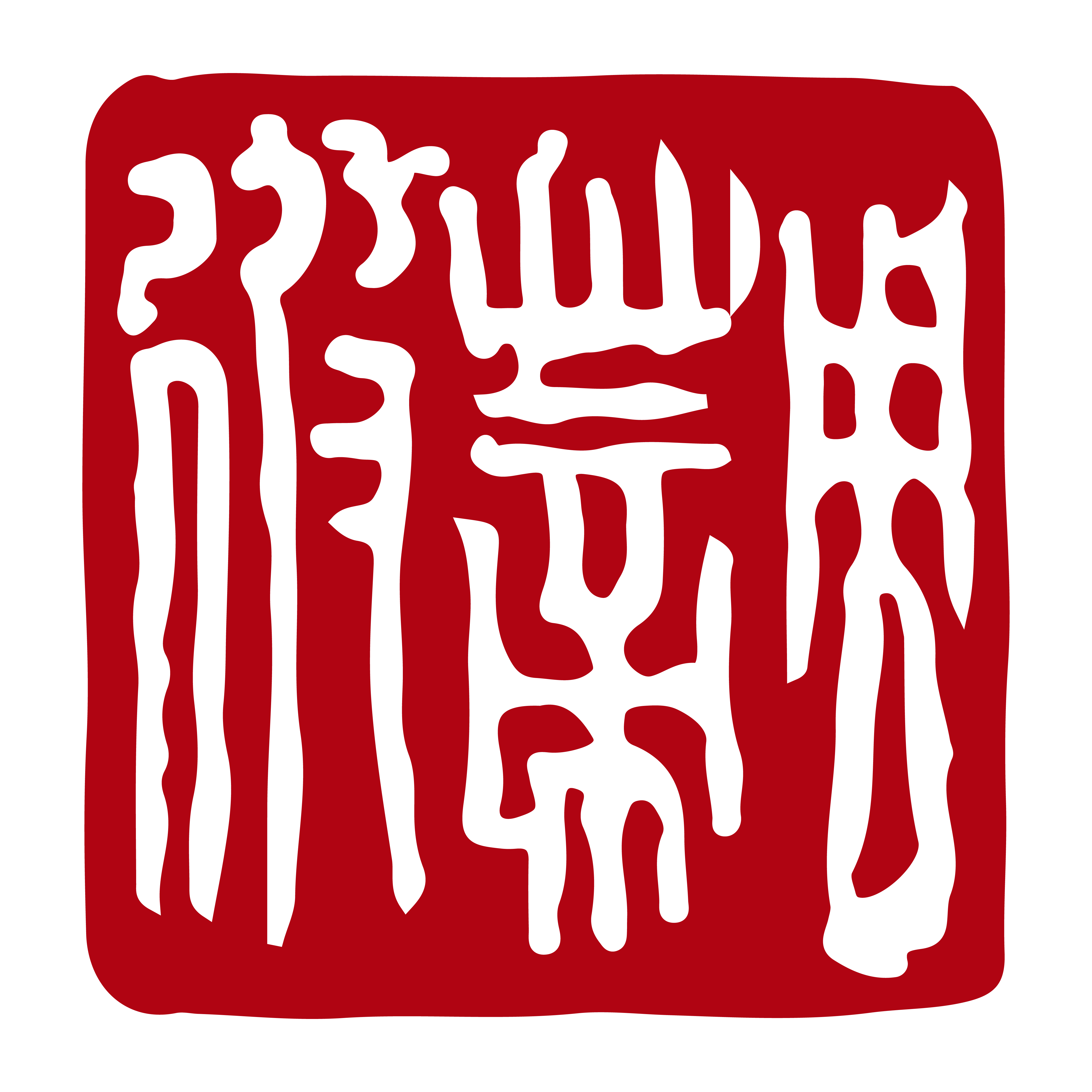 Jules Pretty
Jules Pretty
